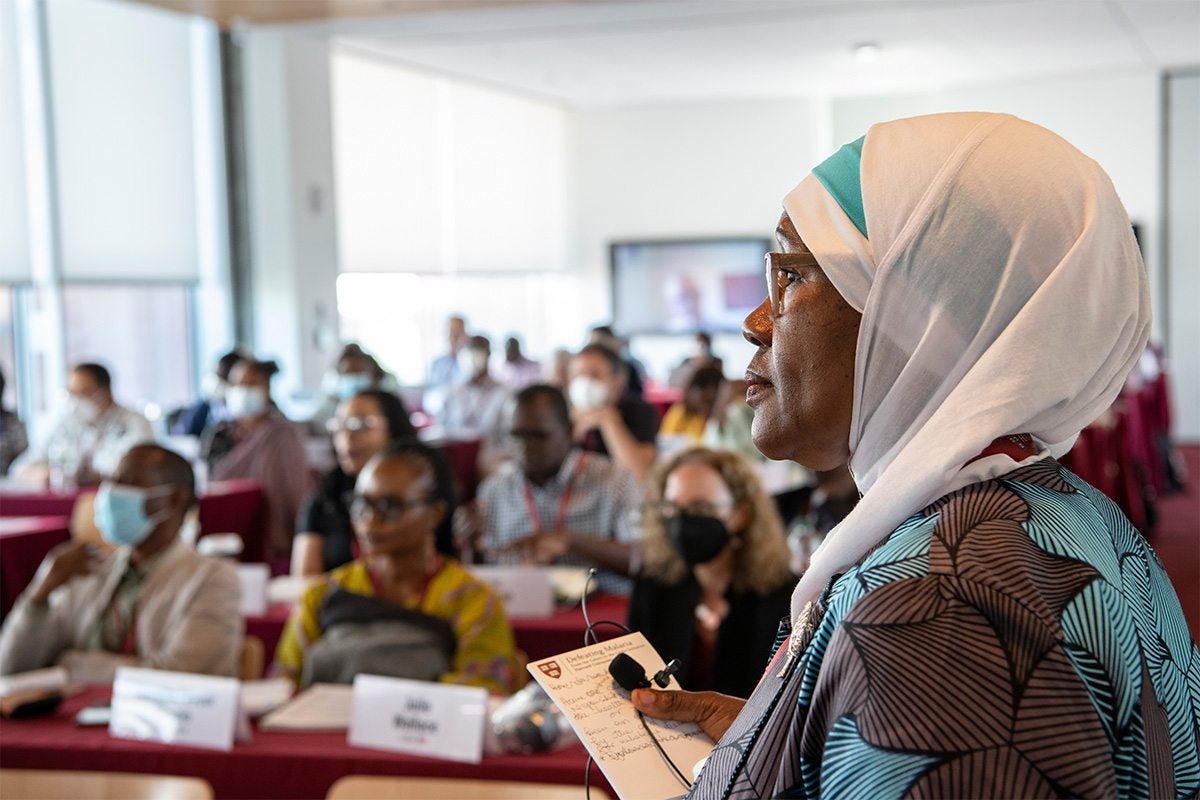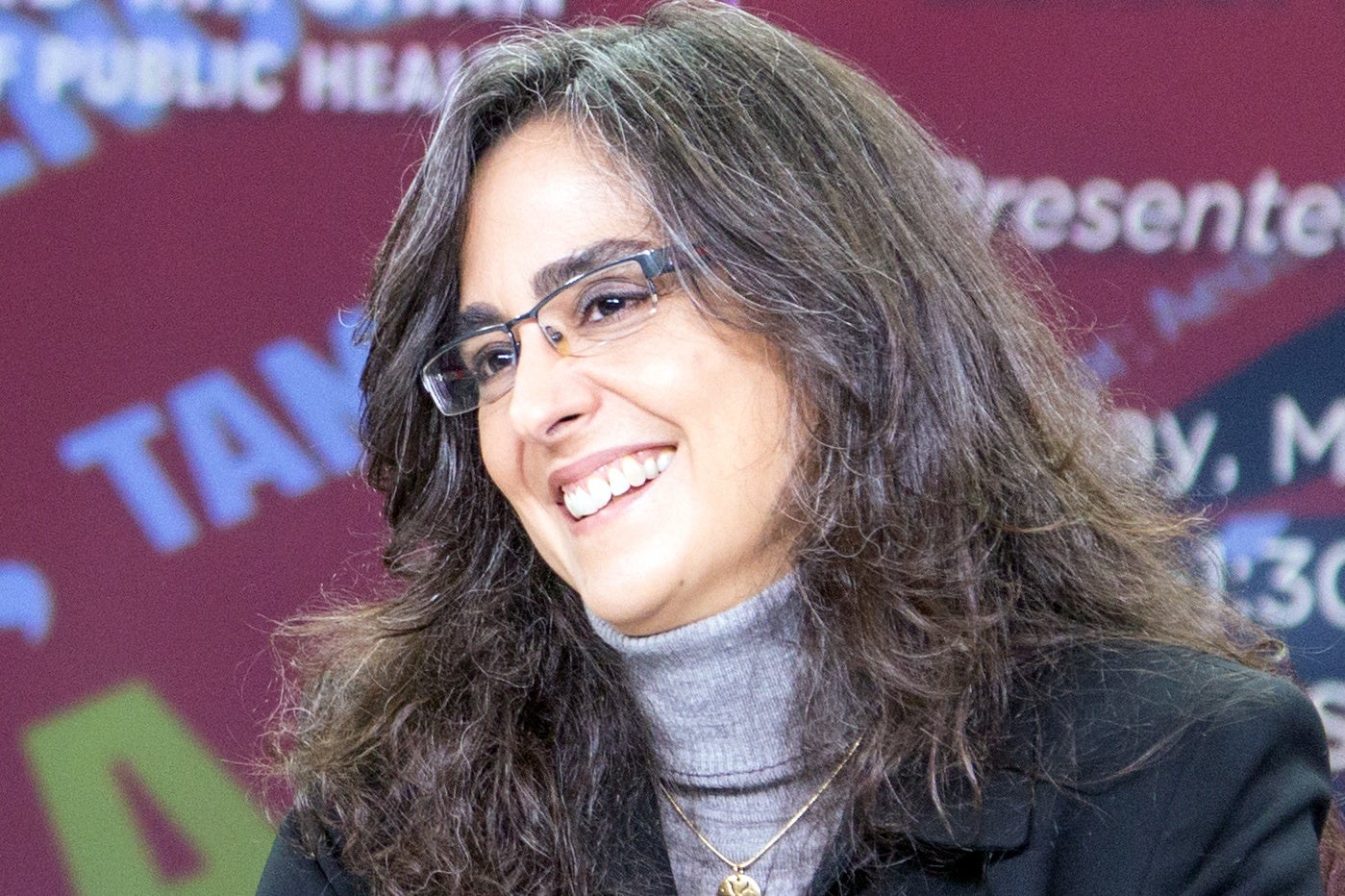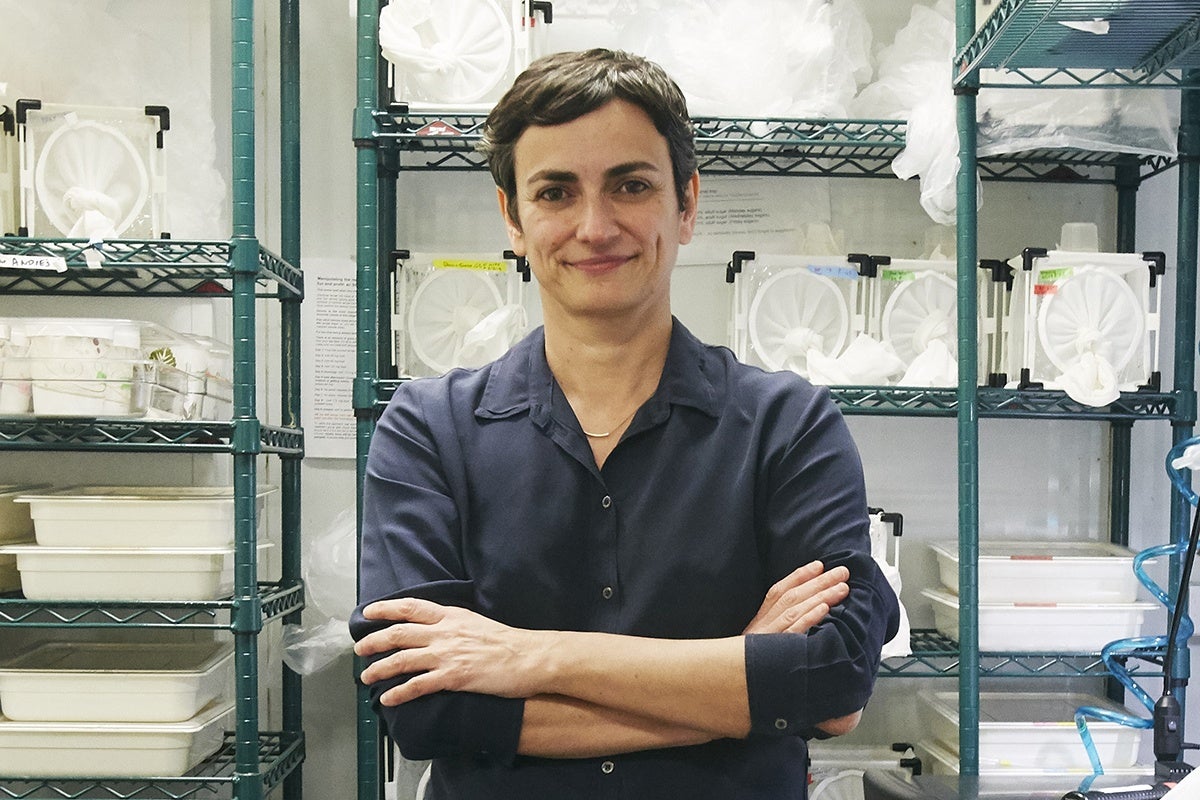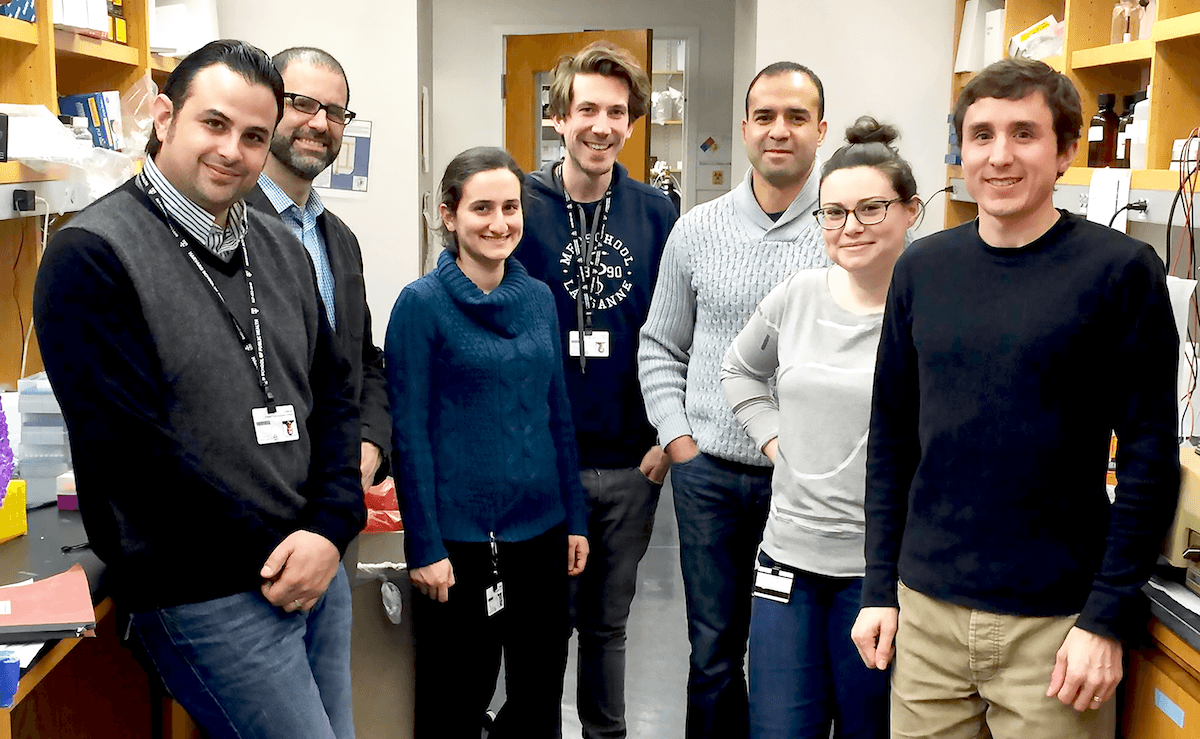Related Topics
A multidisciplinary approach to eradicating malaria
Public health leaders from around the world gathered at Harvard University for a week-long course to learn the latest developments from experts and discuss new strategies for eradicating malaria.

Ukraine’s humanitarian crisis
Russia’s invasion of Ukraine has prompted a massive humanitarian crisis, with mounting military and civilian casualties and more than two million people on the move to escape the violence. In this Big 3 Q&A, Michael VanRooyen, director of…

Notable news from the world of public health
Updates on vaccines for malaria and HPV, tampons as a human right, how other countries see American health care, and more.
Marcia Castro named AAAS Fellow
Marcia Castro of Harvard Chan School has been named a Fellow of the American Association for the Advancement of Science.

Malaria expert predicts vaccine will spur innovation
In October, the World Health Organization (WHO) for the first time recommended a broad rollout of a vaccine that protects against Plasmodium falciparum, the deadliest malaria parasite globally and the most prevalent in Africa.
WHO’s historic recommendation for malaria vaccine spurs hope
The long and at times faltering fight against malaria hit a turning point this week when the World Health Organization (WHO) recommended a broad rollout of a vaccine that protects against Plasmodium falciparum, the deadliest malaria parasite globally…

Flaminia Catteruccia named Howard Hughes Medical Institute investigator
The Howard Hughes Medical Institute (HHMI) has named Flaminia Catteruccia, professor of immunology and infectious diseases at Harvard Chan School, as one of 33 new HHMI investigators.

What will it be like when COVID-19 becomes endemic?
In a Q&A, Yonatan Grad, Melvin J. and Geraldine L. Glimcher Associate Professor of Immunology and Infectious Diseases, discusses what endemic COVID-19 will look like.

Accumulation of infected red blood cells in the adipose tissue is essential for development of cerebral malaria
Findings point to potential treatments and diagnostics for the often untreatable disease For immediate release: Thursday, April 15, 2021 Boston, MA – White adipose tissue (WAT), or white fat, plays a fundamental role in the development of cerebral…

Multiple blood meals for mosquitoes can speed development of malaria-causing parasites
An additional feeding on human blood by a mosquito infected with Plasmodium falciparum, the parasite that causes malaria, can accelerate the development of the parasite and increase the potential for transmission to humans, according to new research led…